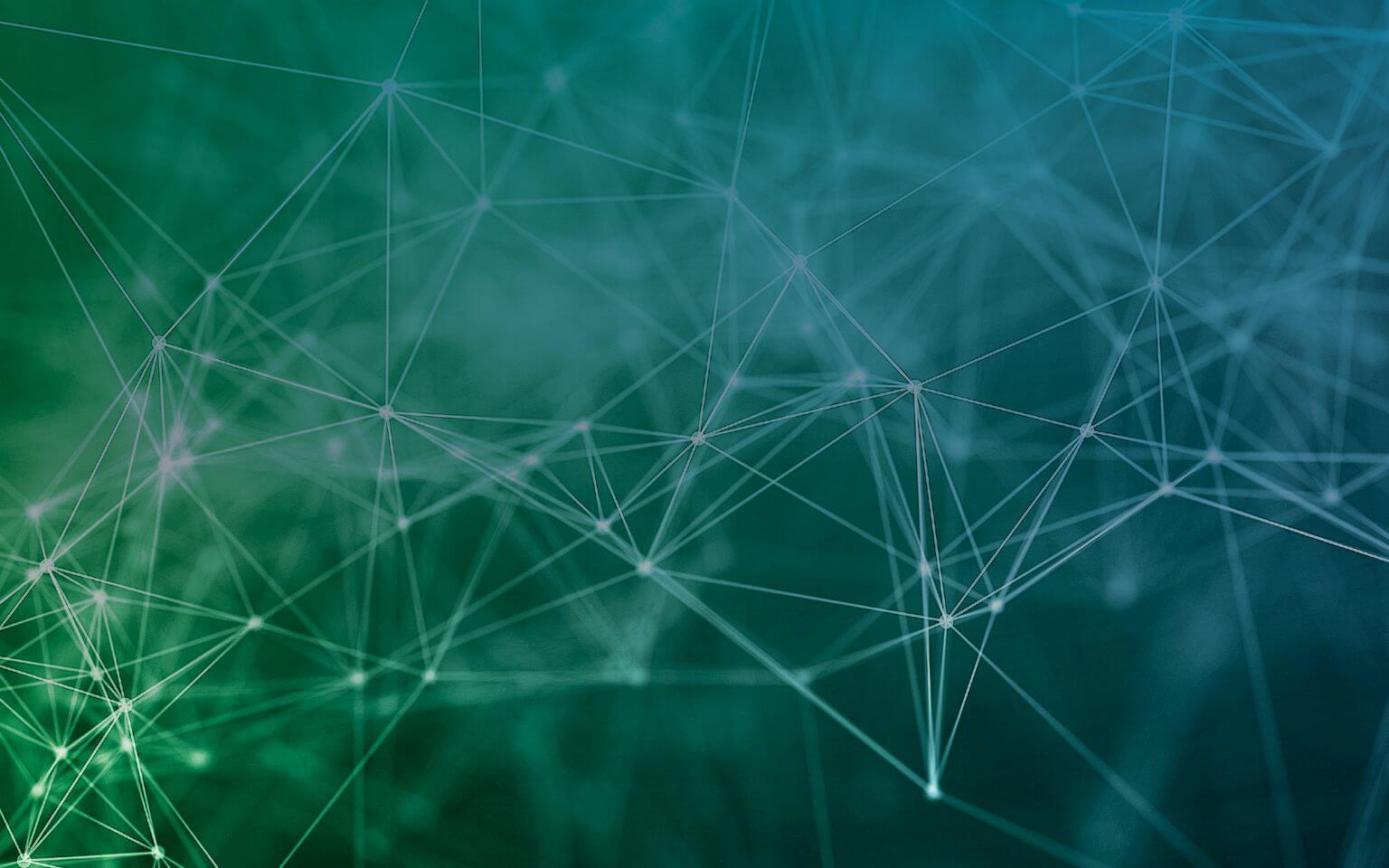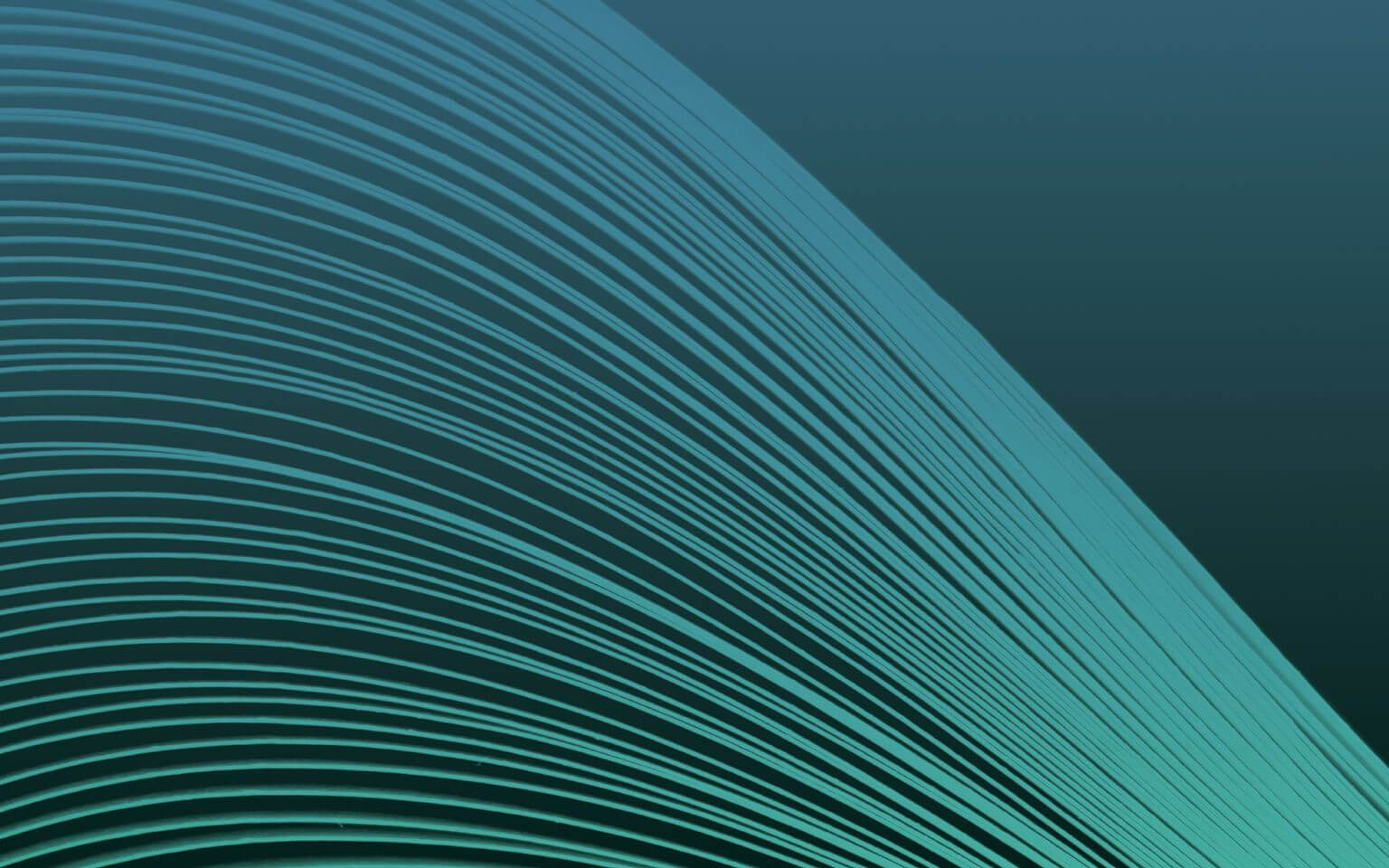Among others, we offer specialized and comprehensive services in IT law and ICT law:
- Redaction, review and/or negotiation of IT contracts
- Legal support and advice in IT projects
- Auditing and optimization of websites
- Legal advice on privacy protection and redaction of policies
- Redaction of General Terms and Conditions and Terms of Use (in particular for e-commerce)
- Legal advice regarding distribution over the internet
- Protection of intellectual property (copyright, patents etc.) on the internet
- Protection of intellectual property (copyright, patents etc.) on software
- Legal advice and review of marketing concepts and marketing over the internet
- Services as an Escrow Agent as a security for contractual rights relating to software
Please contact on of our specialists for more information on our services.
Amendment to the Law on Telecommunication
The amendment to the Law on Telecommunications (LTC; or Federal Act on Telecommunications [FTA]) of 30 April 1997 was adopted by theparliament on 24 March 2006. At its meeting of 9 March 2007 the Federal Council decided to bring the revised Law on Telecommunications and the decrees based on it into force on 1 April 2007. The revision primarily concerns unbundling of the last mile and consumer protection.
The key points of the amendments are in particular
- Opening up of the last mile (fully unbundled access to the local loop / fast bitsteam access)
- Consumer protection
- Abolition of licences for telecommunication services
For further information on the amendment of the LTC please visit the website of the OFCOM.
New Law on Radio and Television
On 24 March 2006, the parliament adopted the new Law on Radio and Television (LRTV) dated 21 June 1991. The Federal Council has adopted the new Decree on Radio and Television (DRTV). It includes the implementing provisions for the Law on Radio and Television (LRTV) which has also been completely amended. Both enactments enter into force on 1 April 2007. Amongst other things, the new decree specifies the regulations governing advertising and sponsorship, fee splitting, the technical broadcasting of radio and television programes, as well as reception fees.
The key points of the amendments are in particular:
- Securing the current position of the SRG SSR idée suisse
- New features relating to advertising and sponsorship: Loosening of the the general conditions for private broadcasters
- Substantial expansion of the proportion of the revenue from reception fees in favour of local and regional private broadcasters (splitting)
For further infomation on the amendment of the LRTV please visit the website of the OFCOM.
The Free Software Foundation in its "Free Software Definition" defines four freedoms, according to which computer programs may be regarded as "Free Software", as long as they comply with these conditions. According to this definition the user has the freedom to use, adapt, copy and redistribute modified or unmodified copies of the software:
"Free software is a matter of the users' freedom to run, copy, distribute, study, change and improve the software. More precisely, it refers to four kinds of freedom, for the users of the software:
- The freedom to run the program, for any purpose (freedom 0)
- The freedom to study how the program works, and adapt it to your needs (freedom 1). Access to the source code is a precondition for this
- The freedom to redistribute copies so you can help your neighbor (freedom 2)
- The freedom to improve the program, and release your improvements to the public, so that the whole community benefits (freedom 3). Access to the source code is a precondition for this"
(Source: "The Free Software Definition")
In practice open source licenses are differentiated primarily by means of one license condition which is known under the term "Copyleft" as a counterpart to "Copyright". Copyright basically protects the intellectual property of the author of a work or computer program. The author usually is interested in a strong and comprehensive exclusive right, which entitles him as often as possible to prohibit the misuse of his work or to profit substantially therefrom. In contrast thereto the mentioned license condition ("Copyleft") ensures that the source code of open source software explicitly shall be passed on, whereby it also prescribes which conditions shall be applicable for the re-distribution of the amended version of the licensed open source software. OSS licenses are also classified according to the question whether they are compatible with the GNU General Public License (GPL) or not (see: Free Software Foundation).
Licenses containing a strong copyleft clause undertake the user to publish his amendments to the original work under exactly the same conditions. The use of the software code affected by such license is allowed for further developments. However, the further developed work may only be re-distributed under the same license, wherewith such enhancements compulsory remain free. The most famous example is the GNU General Public License (GPL).
On the other hand there are open source licenses which renounce copyleft conditions. Thus the rights of the users of such software are not significantly restrained. Well-know licenses without copyleft clauses are the Berkeley Software Distribution License (BSD) and the license of the Apache Software Foundation. Someone using and enhancing open source software licensed under a BSD license may distribute his enhancement at his choice with costs or for free and with or without source code.
There are also many licenses indeed containing copyleft clauses, which however only affect the direct enhancement of the licensed software codes and allow the developer to keep his rights concerning his own enhancements. An example is the Mozilla Public License (MPL) according to which the free accessibility to the source code of the original work shall remain ensured, but not however for the additional data of an enhancement not containing any MPL-code. For this reason it is possible for software developers to proprietarily utilise the parts of the software developed by themselves based on a MPL, for example as embedded part of a software distribution, as long as it is ensured that the original MPL-code remains freely accessible.
"Open Source Software" describes computer programs which are circulated under a so-called "open source license". In this context "Open Source" not only means the free access to the source code, but also the inclusion of other criteria, under which open source software may be divulged. Only if the computer programs and their licenses respectively, under which the computer programs may be distributed, comply with the criteria set up by the Open Source Initiative, Inc. ("OSI") in their ("Open Source Definition") the OSI includes such license in their overview and thereby approves the conformity of said license with the "Open Source Definition". The OSI describes its "License Approval Procedure" in detail. Up to today the OSI has approved approximately 60 open source licenses as complying with their given definition.
Among other issues open source softeware ("OSS") licenses basically allow the free redistribution and copying of the software, the free access to the source code and the modification as well as derived works. The free access to the source code is technically necessary for the further development of the software. The mentioned liberties concerning the use of the software contained in the license are legal premises for the possibility of further development of such software.
In practice OSS licenses are distinguished according to the criteria "Copyleft/Non-copyleft" as well as whether they are GPL-compatible or GPL-incompatible (see: License Categories).
The term "Software" is not used in the Swiss Federal Act on Copyright and Neighbouring Rights (Swiss Copyright and Neighbouring Rights Act; [CRA]). Basically the term "Software" is understood by a majority of the doctrine as generic term summarising the computer program as well as the development and user documentations. Computer programs mainly enjoy copyright protection. According to the CRA, computer programs shall also be deemed works (Article 2 para. 3 CRA). The term "computer program" again only would cover the source and object code of a program, as well as its documentation on the development of the program (development documentation). Pursuant to the majority of the doctrine the user documentation (user manuals) are not considered belonging to the computer programs. However, user manuals fulfilling the legal requirements may enjoy copyright protection as linguistic works (Article 2 para. 2 lit. a CRA).
There are no formal requirements for copyright protection.
The CRA and the Ordinance on Copyright and Neighbouring Rights (CRO) contain special clauses for computer programs listed as follows:
-
Exclusive right to let (Art. 10 para. 3 CRA; Art. 13 para. 4 CRA);
-
Right to use (Art. 12 para. 2 CRA; Art. 17 CRO);
-
Right to re-sale (Art. 12 para. 2 CRA);
-
Rights in computer programs during an employment relationship (Art. 17 CRA);
-
No personal use (Art. 19 para. 4 CRA);
-
Right to decode relating to interfaces (Art. 21 CRA);
-
Right to a security copy (Art. 24 para. 2 CRA);
-
Shorter term of protection: 50 years (Art. 29 para. 2 lit. A CRA).
Software Patents vs. Computer-implemented Inventions
Software and computer programs respectively are protected by copyright law. Thereby the copyright protects the implementation and not the abstract process forming the basis of a computer program. It is thus possible to effect the same basic idea in an other computer program, or to reprogram a certain functionality of a software, without infringing the copyright.
It would be obvious to try to protect software with patents. Patents protect technical inventions: new and non-obvious solutions of technical problems. By principle, however, computer programs as such may not be patented under European law. A word processor software for example is considered as non-technical and therefore îs excluded from patentability. However, if computer programs are used to implement a technical invention, such a "computer-implemented invention" may be elligible for patent protection in Europe under certain circumstances.
The habits concerning consumption and utilization have changed dramatically with the spread of the internet. Currently a young generation of consumers is growing up, for which the classical storage media (records, cassettes, compact discs) are fairly irrelevant and who more frequently use the Internet as medium for their enjoyment of culture.
Without the permission of right owners, protected works may not be made available over the Internet - not even if you do this free of charge and it serves no commercial purpose. Although it is permitted to download works for personal use, once an upload is connected with the download, there is a copyright violation.
Normally IT projects cover several phases. Usually an IT-project starts with the analysis of the project, the definition of the objectives, the analysis of the interests and risks and the preparation of the solution. The next phase contains the supply of resources, i.e. the sourcing of hardware, standard software and individual software, ensuing the installation and configuration of the system, the integration of third party software, the pilot and the rollout, with which the project is finalized. After the completion of the project the operating stage begins, to which for example the maintenance of hard- and software belong.
As a result agreements concerning IT projects may contain various services, whereby the supply of products and the providing of services are often combined together. The complexity of the according agreements may have a deterrent effect, which should not lead to the fact that your own interests in an IT project are attended insufficiently. The attorneys at law and patent attorneys of Rentsch Partner Ltd. may support you in the legal analysis of your risks, the project-orientated, contractual safeguarding of your interests, as well as the legal monitoring of your IT project.
The following non-concluding overview over possible agreements striking IT issues provides an insight into the services provided by Rentsch Partner Ltd.:
-
Advertising Agreements
-
Agency Agreements
-
ASP (Application Service Provider) Agreements
-
Assignment Agreements
-
Disclaimer and terms of use
-
Distributor (Reseller) Agreement
-
Domain Name Sale Agreement
-
Email and Internet Use Policy
-
Hardware and Third Party Software Sale
-
Hardware Maintenance Agreement
-
ISP (Internet Service Provider) Terms and Conditions
-
License Agreements
-
Linking Agreements
-
Managed Services Agreements
-
Outsourcing Agreements
-
Portal Agreements
-
Privacy Policy
-
Roaming Agreements
-
Services Agreements for IT related services
-
Software Development Agreements
-
Software Licence Agreements
-
Software Maintenance Agreements
-
Terms of Use
-
Website Design Agreements
-
Website Hosting/Maintenance and Operation Agreements
-
Website Specification Agreements
-
Website Sales Agreements; etc.
The above-mentioned list contains only examples. Depending on the needs of the clients, the content of the agreements may/should be combined and should in general also contain provisions concerning the protection and use of intellectual and industrial property.
Please refer to our German version for details on legislation in Switzerland.
The Internet basically is subject to the rules of the particular national legal system.
Companies that do business transactions with EU citizens by means of the internet should in particular be aware of the relevant EU Directives and corresponding national regulations. These include primarily data protection rules, rules concerning the conlusion of contracts via the Internet, guidelines for revocation and cancellation of transactions via the Internet, regulations regarding the use of general terms and condition in e-commerce and regulations concerning the identification of the service provider (imprint) and the labeling of products and services.
Only few regulations of the Swiss laws explicitly rule internet specific issues. Enterprises which are active in e-commerce, have to be aware of the fact that they are obliged to respect different laws and ordinances of different fields of law. These are for example the Federal Act (or Law) on Data Protection, the Federal Act against Unfair Competition, the Code on Obligations (CO), the Civil Code (CC), the Law on Electronic Certification Services, the Federal Act on Trademarks and Appellations of Origin, the Ordinance on Indication of Prices, the Federal Act on International Private Law etc.
On October 12, 2011, the Federal Council had decided that the revision of the federal law against unfair competition (LCD) shall take effect on 1 April 2012. Commercial websites will be required to include certain information on their pages. It will for example be required to disclose his identity, to indicate a customer service and to immediately confirm an order placed online. The Federal Council determines the entry into force of these amendments on 1st April 2012. The provision on unfair terms and conditions shall only come into force on 1 July 2012, leaving one year to the companies concerned to control and adjust, if necessary, the general conditions to the new regulations.
Starting 2014 ICANN launches a large number of new domain endings. Trademark owners have the opportunity to broaden their presence on the internet. At the same time it may become necessary to intensify one’s efforts in monitoring and protecting a trademark.
ICANN (Internet Corporation for Assigned Names and Numbers) is currently expanding the range of available generic top-level domains (gTLDs). A TLD is the ending of a domain name. Up to now, there are country code top-level domains such as “.us”, “.ch” or “.li”, well-known generic top-level domains such as “.com”, “.net”, “.org” but also TLDs such as “.biz” or “.info”.
From January to April 2012 ICANN accepted applications for new gTLDs. A total of 1930 applications were submitted, for instance “.zuerich”, “.blog”, “.web” or “.shop”. ICANN is currently examining these applications and will gradually introduce new gTLDs starting 2014. Once permitted by ICANN, a new gTLD will be administrated by the applicant himself. Some of the new gTLDs will be open to the public for registration. Other gTLDs are identical to existing trademarks, such as “.apple” or “.google” and will not be open for registration.
Trademark owners have the opportunity to broaden their presence on the internet, for instance by using top-level domains that match their goods or services. At the same time the cost of protecting one’s trademark may increase because of the large number of new top-level domains. While it used to be sufficient to register a trademark with 5 or 10 key top-level domains the situation will become more complex with presumably over 1000 new gTLDs. Trademark owners need to monitor their right and take action where appropriate.
With the Trademark Clearinghouse (TMCH) ICANN offers a service to facilitate the protection of trademark rights for the new gTLDs. A trademark can be listed in a centralized database for an annual fee. Whenever a new gTLD is launched, registered trademark owners can claim their trademark in advance as a domain name in a so called “sunrise period”. When the sunrise period is over, the so called Trademark Claims Service will be activated. If someone tries to register a trademark that is listed in the database, a warning message will be displayed to the applicant. If the applicant ignores the warning message and claims the mark as a domain name, a message will be sent to the trademark owner who can then take action against the registration, if necessary.
You may find further information here or ask one of our specialists.
The WIPO Arbitration and Mediation Center's domain name dispute resolution services for generic TLDs give effect to the Uniform Domain Name Dispute Resolution Policy (UDRP Policy), adopted by the Internet Corporation for Assigned Names and Numbers (ICANN) on August 26, 1999, and the Rules for Uniform Domain Name Dispute Resolution Policy (UDRP Rules), approved by ICANN on October 24, 1999. In addition to the ICANN Policy and Rules, the WIPO Center has developed its Supplemental Rules for the Uniform Domain Name Dispute Resolution Policy (UDRP) that entered into effect on December 1, 1999.
These proceedings provide an efficient remedy against the bad faith, abusive registration of domain names that violate trademark rights. This administrative procedure is without prejudice to recourse to competent courts.
The UDRP applies to .com, .net and .org, as well as to a number of more recently introduced gTLDs, such as .aero, .biz, . cat, .coop, .info, .jobs, .mobi, .museum, .name and .travel. Since commencing its UDRP service, WIPO has processed over 10,500 cases.
The UDRP is based on recommendations made by WIPO in the Report on the First WIPO Internet Domain Name Process, focusing on the problems caused by the conflict between trademarks and domain names. A number of further issues identified in that Report were considered in the Second WIPO Internet Domain Name Process.
WIPO makes available a wide variety of resources specifically related to domain name cases and issues." (Source: WIPO: General information on UDRP disputes)
The complete Swiss legal practice in the field of domain names can be found in the list below.
"hotmail.ch”, Court of Appeal of Basel Landschaft, 21 June 1999 (sic! 2000, 26)
“artprotect.ch”, Court VII Bern-Laupen, 15 March 1999 (sic! 2000, 24)
„rytz.ch“, Swiss Federal Court, 11 February 1999 (BGE 125 III 91)
"berneroberland.ch": Swiss Federal Court, 2 May 2000 (BGE 126 III 239)
„barcodedrucker.ch“: Court of Hinwil, 23 August 2000 (sic!2001, S. 212)
„frick.ch“: Court of Commerce of the Canton of Aargau , 30 August 2001 (sic!2001, S. 818)
„cofideco.ch“: Court of Lausanne, 23 July 2001 (sic. 2002!S. 55)
„amazon.de“: Swiss Court of Appeal for Intellectual Property, 17 January 2002 (sic. 2002, S. 351)
"montana.ch“: Swiss Federal Court, 23 July 2002 (BGE 128 III 353)
“luzern.ch”: Swiss Federal Court, 23 July 2002 (BGE 128 II 401)
„breco.ch“: Court of Commerce of the Canton of St. Gallen, 25 June 2002 (sic!2003, S. 348)
„djbobo.ch“: Swiss Federal Court, 7 November 2002 (sic 2003, S. 438)
„integra.ch“: Swiss Federal Court, 1 May 2003 (4.C.31/2003)
„tonline.ch“: Swiss Federal Court, 19 May 2003 (sic 2003, S. 822-825)
„bundesgericht.ch“: Swiss Federal Court, 2 September 2003 (sic!2004, S. 109ff)
„kicklernstudion.ch“ / „lernstudio.ch“: Swiss Federl Court, 5 May 2004
„riesen.ch“: Swiss Federal Court, 8 November 2004 (4.C.31/2004)
„maggi.ch“: Swiss Federal Court, 21 January 2005 (4.C.376/2004)
“wellness-fuehrer.ch“: Swiss Federal Court, 28 January 2005 (4.A.7./2004)
The dispute resolution proceedings for Top Level Domains ".ch" and ".li" are divided into the conciliation attempt and the expert's decision. During a telephone conference, the third party, the holder and a conciliator try to find a dispute resolution. If no agreement can be found, the third party may request an expert's decision under the condition that the Top Level Domain Name has been registered or renewed after March 1, 2004. SWITCH will implement the expert's decision after a 20-day deadline has expired insofar as the holder has not instituted civil proceedings against the third party. The parties may claim an infringement of the Swiss rights in distinctive signs, including the Swiss Unfair Competition Act. The Decisions will be published by WIPO.
Domain names may be filed as trademarks in accordance with the usual rules and principles of trademark examination. Like any other symbol, a domain name may only be protected as a trademark if, overall, there is the requisite degree of identification with the claimed goods and services. Top level domain names (TLDs) such as .com, .org, .net or .ch are not considered distinctive and are thus not protectable. Combinations of a word from common usage and a TLD are also not protectable.
The Swiss Federal Institute of Intellectual Property is not responsible for allocating Internet domain names. Applications for domain names under the generic Top Level Domain names (TLDs) .com, .net and .org may be filed with one of the authorised registration offices of Internet Corporation for Assigned Names and Numbers (ICANN). Allocation of names under the TLDs with country codes (e.g. .ch, .de, .fr, .at) is in the responsibility of the respective national organisations. In November 2000, the Internet Corporation for Assigned Names and Numbers (ICANN) voted to create seven new TLDs. They are: .aero, .biz, .coop, .info, .museum, .name and .pro. The TLDs .biz, .info, .name and .pro can be accredited to anyone. The TLDs .aero, .coop and .museum are reserved for specific users.
The registration office of the SWITCH Foundation (CH/LI DOM-REG) registers domain names for the country codes .ch (Switzerland) and .li (Principality of Liechtenstein) and provides proceedings for dispute resolution in cooperation with the WIPO.
Following, you will find an introduction to the system and legal practice of the domain names in Switzerland.
Without great effort it is possible, using the technologies existing today, to collect, arrange and disseminate personal data. Not only on the Internet, but also in enterprises and administrations, enormous amounts of data are generated, which call for a specific evaluation. The intent of such data mining is to detect rules and patterns and statistical singularities. Such collected data allow for the evaluation of habit patterns, purchase behaviours or customer profiles. Thus new information about persons is created, which did not exist yet at all before the evaluation. The value of this produced personal data may be very significant for enterprises, which intend to provide their customers with individually adapted advertising messages, purchase recommendations or the like.
The protection of the personality of the persons concerned faces the economic interests of these enterprises. In accordance with valid law (data protection act [DSG] and data protection ordinance [VDSG]), personal data may only be edited, if such data were rightfully procured, the processing is carried out in good faith and is proportionally.
Personal data may be edited only for the purpose, which was indicated for the procurement, arises from the circumstances or was legally intended. Whoever edits personal data, has to ascertain its accuracy. Further, personal data must be protected by appropriate technical and organizational measures from unauthorized editing.
The rights of the persons concerned must remain protected. Each person may require in principle from the owner of a data collection to inform him, whether data about him/her are edited, has a right to correction, and may require the blockage and/or deletion of the personal data. Without consent or legally foreseen justification, personal data, which particularly is worth for protection, may not be disclosed to third parties.
Personal data may not be disclosed abroad, if thereby the personality of the persons concerned were seriously endangered, in particular, because a data protection is missing, which is equivalent to the data protection in Switzerland. Who wants to transmit data collections abroad, must announce this intention beforehand to the assigned Federal Data Protection and Publicity Representative, should no legal obligation exist for such disclosure and the persons concerned have no knowledge therefrom.
The principle applies that the person concerned may forbid the data processing completely, if no justification (predominant private or public interest law) exists.
ICT includes the areas of the information technologies (IT) and communication technologies, whose importance has strongly grown in the last decade. The increasing merger of the data, information and communication technology implicates that the legal ascertainment of life circumstances requires a substantiated comprehension of the technological principles and correlations.

Under the expression "IT Law" (or „ICT Law“) a new legal area of expertise starts to establish itself in the field of computer science, internet and telecommunication. The digitization of data, the rapid developments in the field of mobile telephony and their general legal framework are complex and linked, making it impossible to classify the arising questions to a single classical branch of the intellectual property law. IT law not only reaches into the areas of software law, trademark and domain name law, but also rises questions in the fields of contract law, administration and data protection law. Likewise problems arise for example concerning advertising and liability law.
The specialized team of Rentsch Partner Ltd. will gladly assist you regarding any issues in the field of information and communication technology in Switzerland. For further information on our attorneys specialized in IT law, click on „Contact“.
Subcategories
News
-
12 Apr 2024
-
27 Mar 2024
-
21 Mar 2024
-
8 Mar 2024
-
8 Mar 2024
-
15 Feb 2024
-
11 Jan 2024
- Information
Announcement of our 2024 promotions
-
12 Dec 2023
-
21 Nov 2023
Blog posts
-
30 Apr 2024
-
19 Apr 2024
- Information
Navigating the Challenges of Green Trademarks
-
18 Apr 2024
- Information
IP for amazing products
-
28 Mar 2024
-
6 Mar 2024
- Information
Sell or Rent?
-
23 Feb 2024





